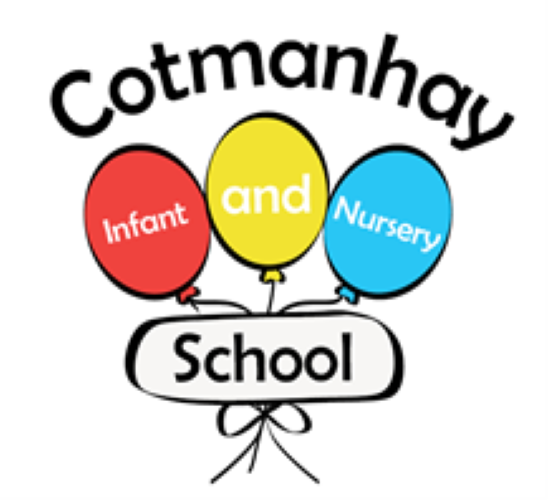Computing
Computing at Cotmanhay
🧍♀️ COMPUTING LEAD = MRS MEER
Intent
We have long terms plans (curriculum maps) in place and are developing 2-7 skills progressions grids.
- At the forefront of teaching computing in Cotmanhay Infant and Nursery School is Online Safety. Within EYFS class discussions, the children will carefully consider how to use the technological equipment safely following our school rules and what they should do if they come across something they don’t like.
- Across Key Stage 1, Online Safety topics are delivered in all classes and are planned to develop resilience. We want to teach children to manage risks safely when using technology and know who they can talk to if they are concerned or upset when using it. Topics are split into six strands including, creating their own online safety rules, social and emotional wellbeing, responsible internet use, keeping information safe, digital citizenship and playing games and having fun. Each strand is covered once in each year group.
- In the Foundation Stage, our pupils develop a greater Understanding of the World by recognising a range of technology that is used in their homes and school. Through experimenting with a range of different equipment such as iPads, PCs, cameras, microphones and mechanical toys, the children will begin to speculate on why things happen or how things work and interact with age-appropriate computer software.
- Throughout Key Stage 1, the children’s use of digital technologies continues. The children will then become animators, capturing the movements of their own imaginative characters. We want to prepare our children for the future and have planned for children’s basic skills to be developed and built upon across the Key Stage. This ranges from basic typing and mousepad skills, through to creating and presenting presentations.
Children will find out that they can have a job in the subject and how to achieve this with their next step in education.
Implementation
Our Computing curriculum skills overview has been developed to ensure coverage and progression across the EYFS and Key Stage 1. The skills are based on the content outlined in the National Curriculum and are taught weekly. In this way the children can engage fully and become immersed in the topic, making it easier to remember what is being taught and thus embed key learning, knowledge and skills.
- Planning is completed weekly and half-termly in year group teams using knowledge of children, expectations, skills progression and wider opportunities.
- We have good quality resources including digital technologies and mechanical toys.
- We have short-term, medium term and long-term plans to ensure sequence and building on knowledge and skills these have been carefully put together. Our medium-term plans have been carefully put together and developed from the Woking computer scheme of work to set out the learning objectives for each lesson, identifying the resources to be used. Each computing lesson will begin by recapping our school “Online Safety Rules” and by revisiting and consolidating previous learning.
- We have a ‘Creative Curriculum’ which is mostly topic-based learning using overarching questions with an open ended structure and incorporates aspects of ICT within this.
- We ensure ongoing assessment of children’s learning.
- There is a balance of adult-led and child-led learning.
- CPD supports teacher knowledge and expertise in subject areas which is shared with all staff, regular staff meetings are held updating staff with the latest computing updates.
- We use visitors and other opportunities to enhance the learning experience.
Through careful modelling, skilful guidance, clear expectations and scaffolding of learning the children will become successful, competent digital citizens working together in groups to create digital content and use technological equipment safely.
Impact
A variety of methods are used to find out what the children know and understand.
-
- Outcomes. In Key Stage 1 we have developed assessment that tracks the children three times a year.
- Conversations with children that demonstrate they know, can do and remember more than they did before.
- Monitoring the work children do and their response to the learning.
- Recording aspirations and supporting them to achieve their goals.
- Computing lessons allow for collaborative learning and thus encourage children to talk in pairs, small groups or through class discussion, to share learning.
Evidence of the children’s learning journey in computing is saved onto Class Dojo in the early years and in Key Stage 1 examples of the children’s work is saved on Class Dojo, as a 2Do purple mash and occasionally printed out for display purposes. Previous topics and skills are revisited to assess if the children have remembered learning some time later.
Enrichment opportunities
Many opportunities are offered in school to enrich learning in computing some of these include:
- Ipad club
- Online Safety Officer Traci Good workshops with parents and pupils
- A cyber training author visiting school to share her book with pupils
Computing opportunities
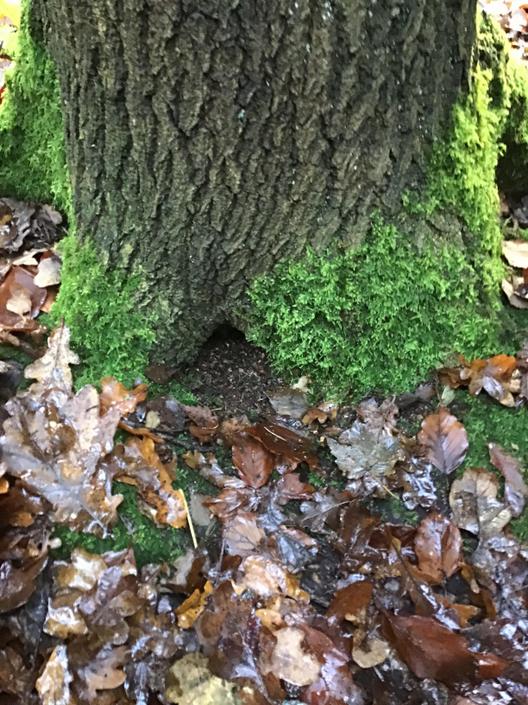
|

|
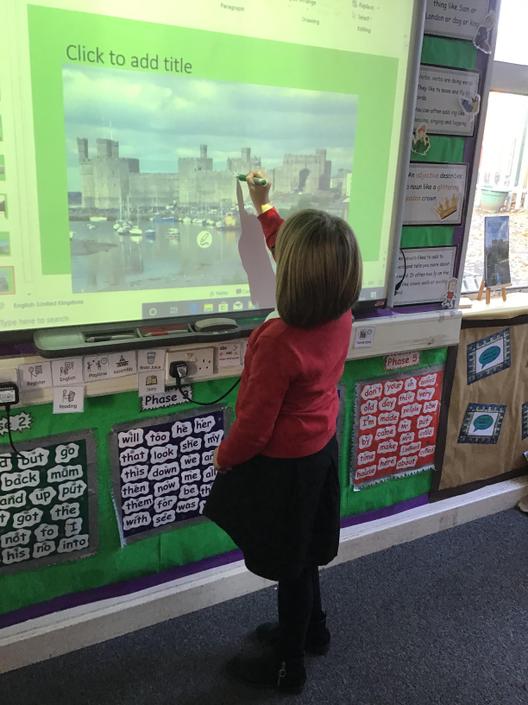
|
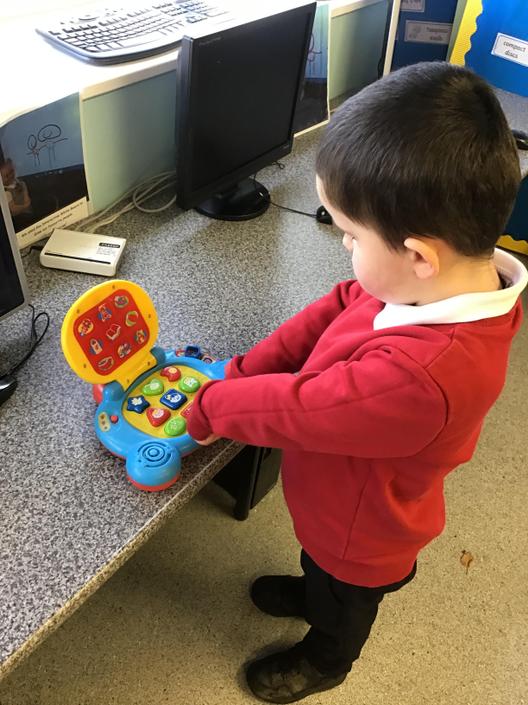
|

|
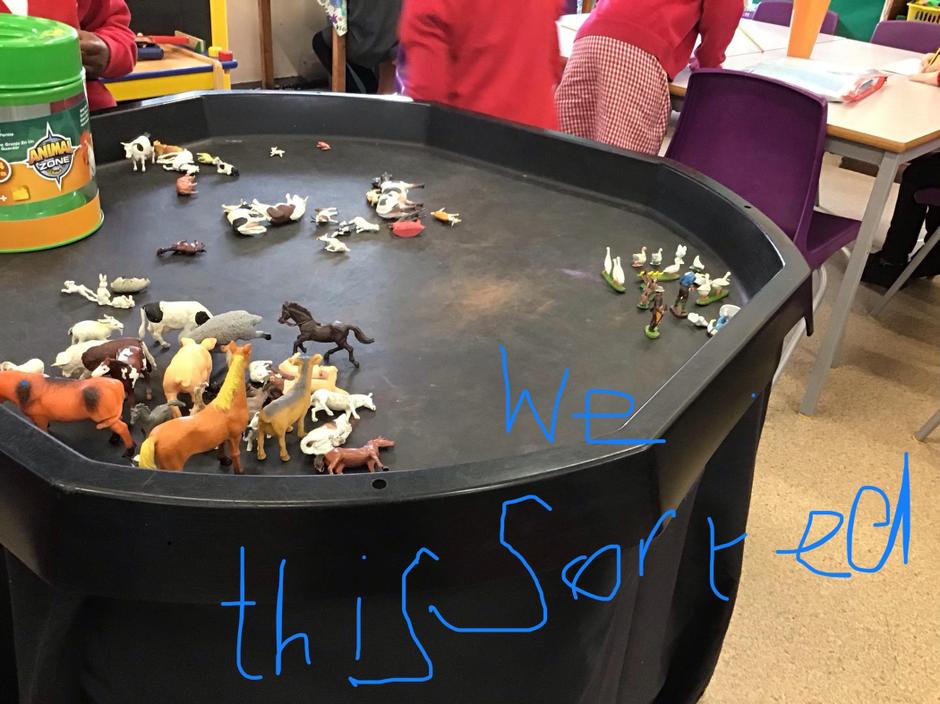
|
Online safety in school
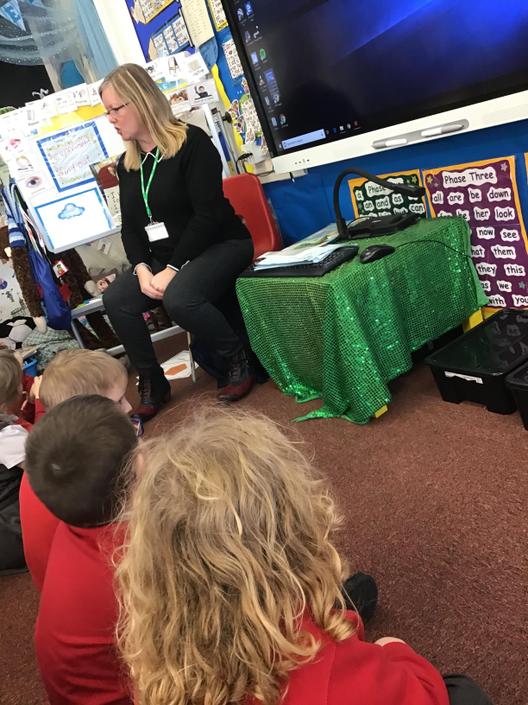
|
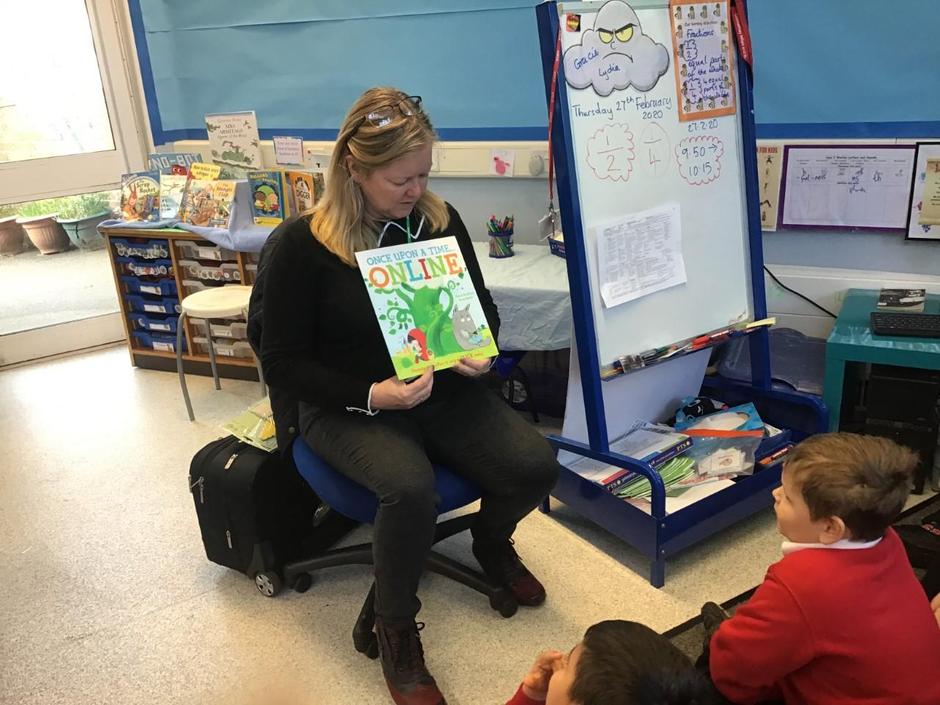
|
|
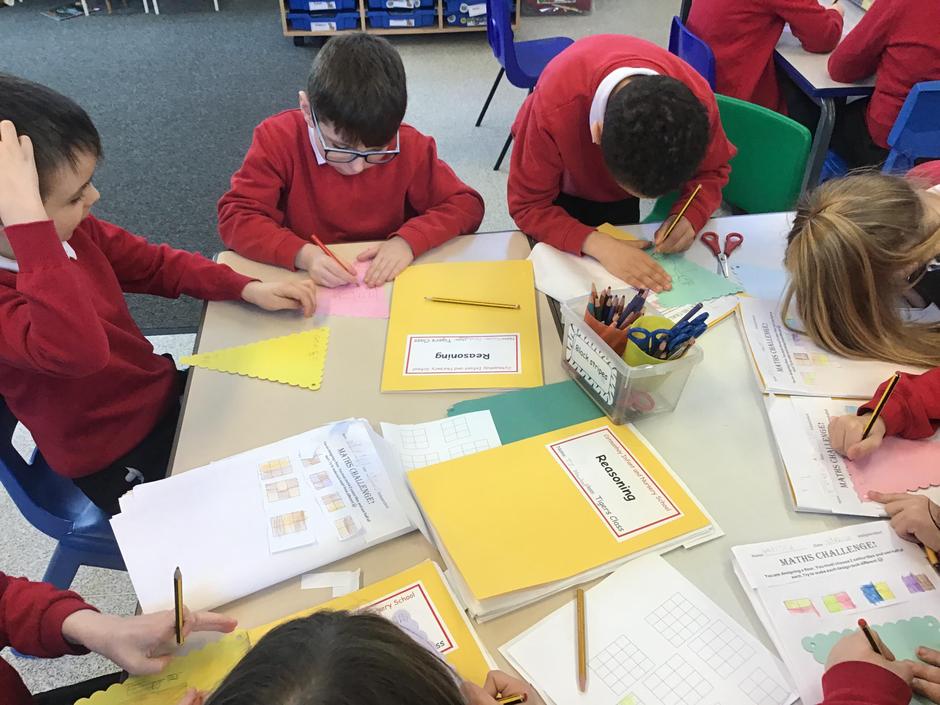
|
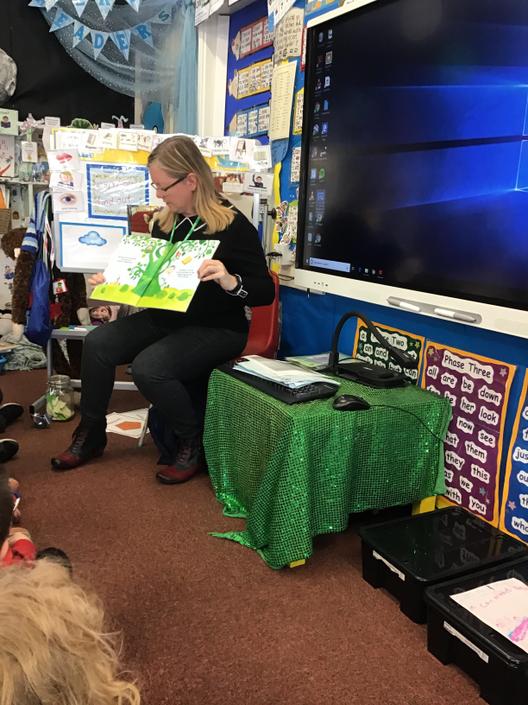
|
